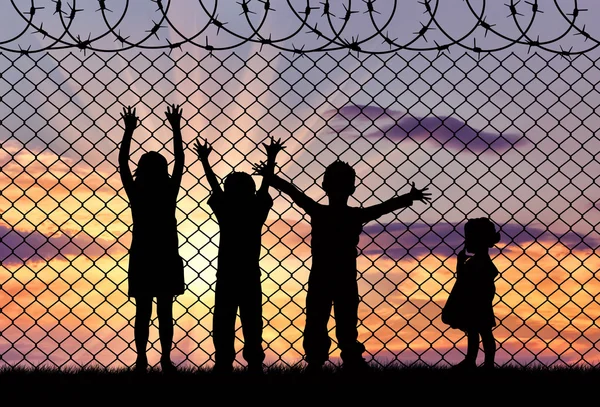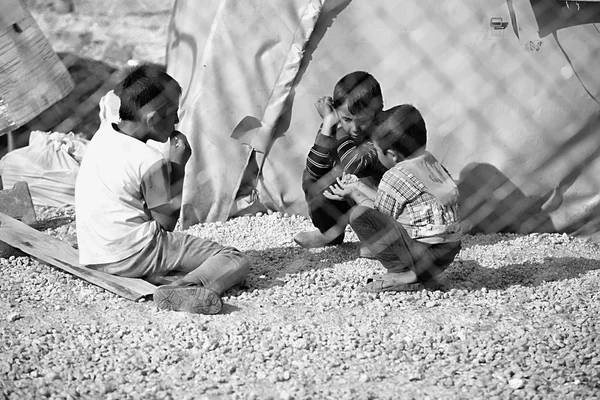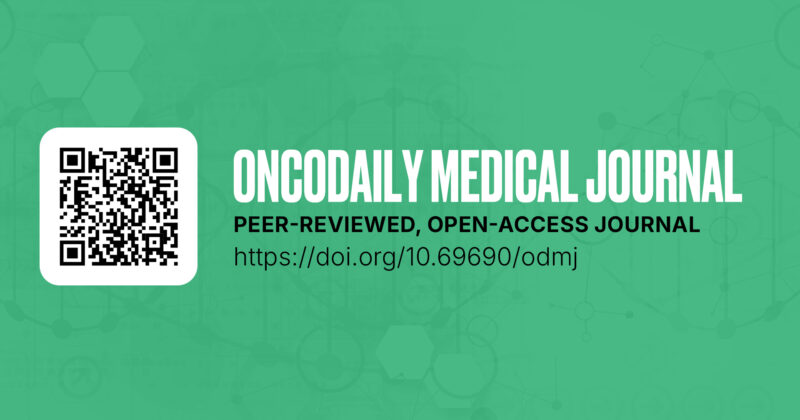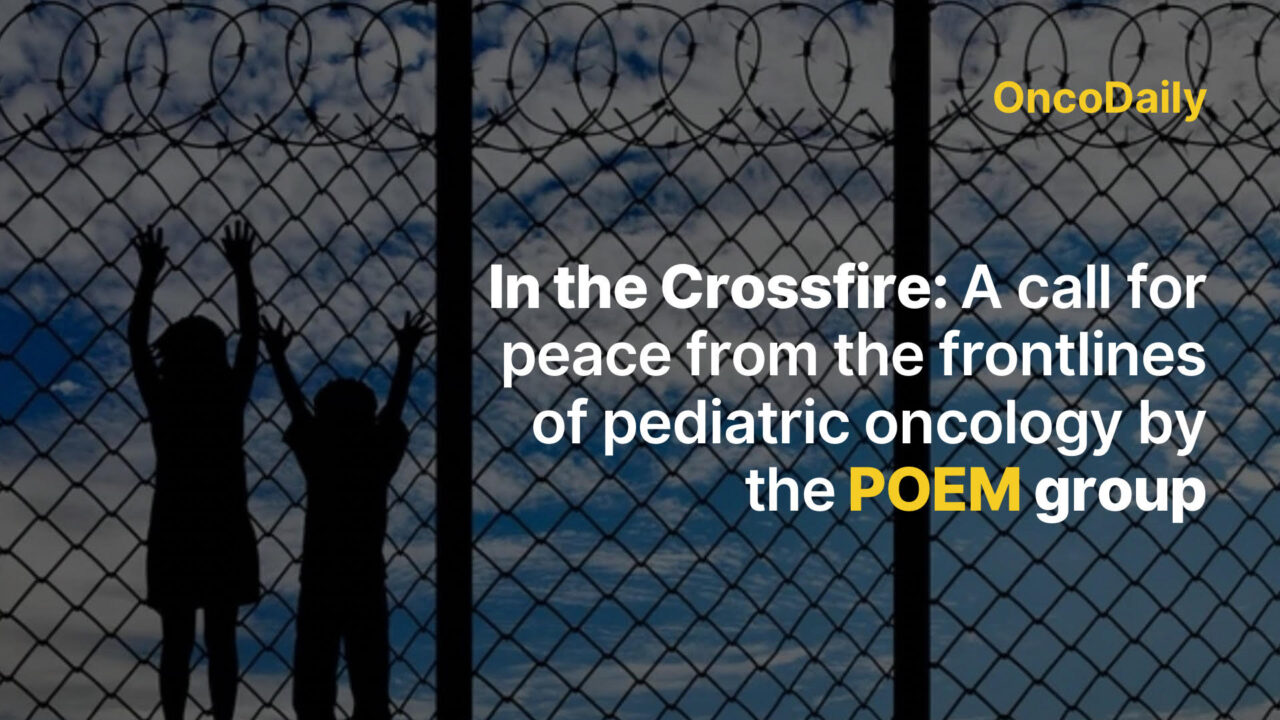Pediatric Oncology East and Mediterranean (POEM) Group Issues Urgent Call for Peace from the Frontlines of Pediatric Cancer Care
Amman, Jordan — In a region where resilience is a daily necessity and hospitals serve as sanctuaries amid conflict, the 4th Scientific Congress of the Pediatric Oncology East and Mediterranean (POEM) Group convened from April 30 to May 3, 2025. The event brought together over 1,000 healthcare professionals from 28 countries, representing 110 pediatric cancer centers and 20 non-profit organizations.
While the congress showcased scientific advancements and clinical innovations, one issue transcended data and research — the devastating impact of war on children battling cancer.

Photo: Depositphotos
During the panel “Breaking Barriers in Pediatric Oncology,” participants shared firsthand accounts of the harsh realities faced by their patients: children whose chemotherapy was interrupted by shelling, families separated at checkpoints, hospitals targeted and damaged, and critical treatment routes reduced to rubble. These stories revealed not only courage but also the profound helplessness and silence surrounding pediatric cancer care in conflict zones.
The POEM Group Condemns this Silence.
“Silence when bombs fall on pediatric cancer centers. Silence when supply lines for essential medications are cut. Silence when vulnerable children cannot access clean water or lifesaving antibiotics. As medical professionals, we do not choose sides — we choose life. Every child is our patient; every family, our mission.”
The congress highlighted the tireless efforts of humanitarian organizations and medical institutions that have bridged divides and delivered care despite political and logistical obstacles. These include the World Health Organization, St. Jude Children’s Research Hospital, King Hussein Cancer Center, the American University of Beirut Medical Center, and hospitals such as 57357 and Borg AlArab.

Photo: Depositphotos
POEM Group calls on governments, international agencies, and medical professionals worldwide to:
- Speak up for peace in hospitals and clinics where children fight for their lives.
- Ensure safe passage for medications, patients, and humanitarian teams.
- Demand accountability to prevent children from becoming collateral damage.
- Reject the weaponization of silence, which endangers lives.
“To our colleagues working in war zones: you are not alone. Your dedication is seen and honored. There is no acceptable number of children with cancer dying due to war. Not one. Not ever.”
The POEM Group Concludes with a Powerful Message
Peace is not a political luxury — it is a medical necessity. Until peace is achieved, we will continue to speak, care, and fight — not only against cancer but against all threats to a child’s right to treatment, healing, and wholeness.
You Can Also Read Full Article in the OncoDaily Medical Journal



